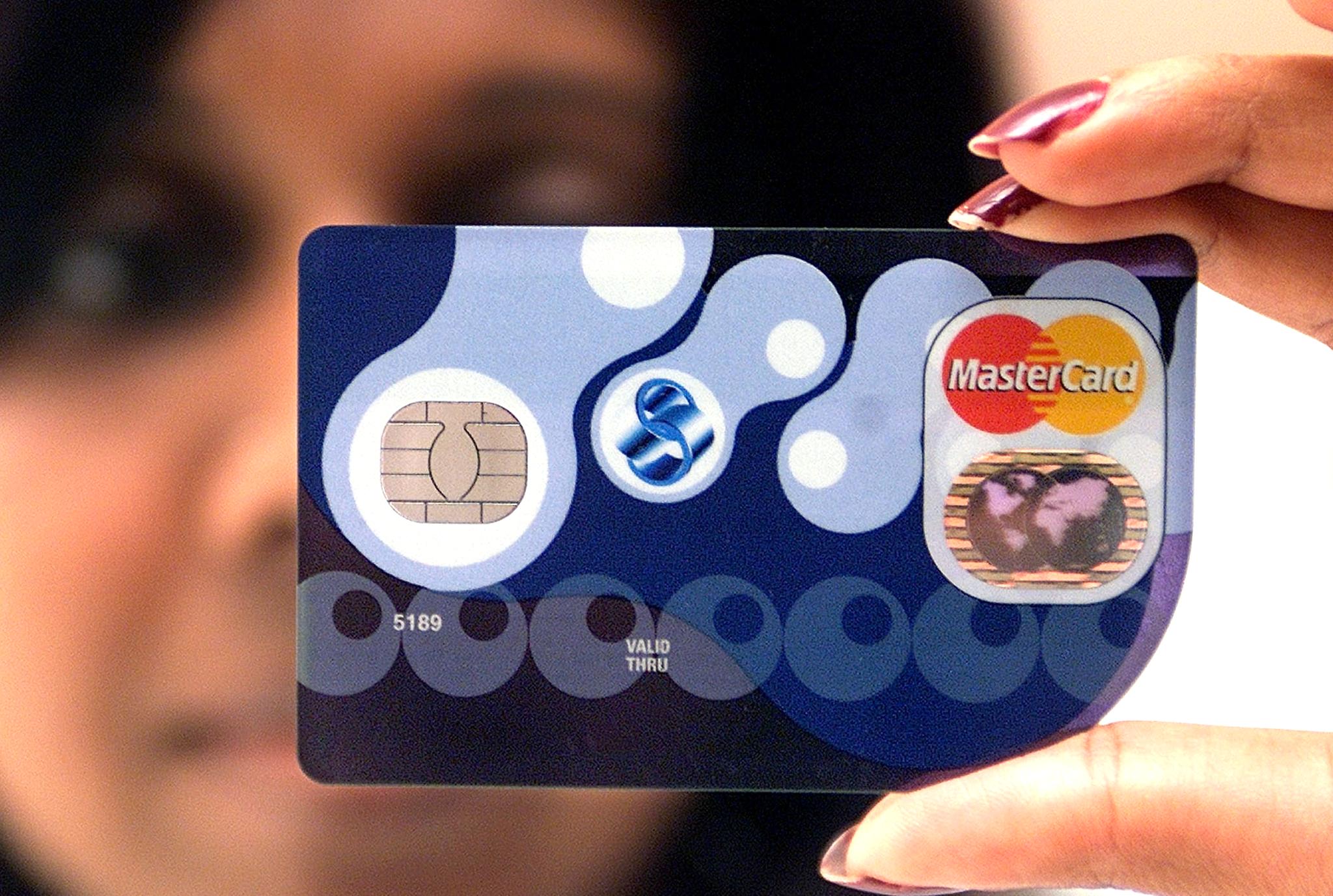The number of debit cards in Malaysia is expected to reach 45.5 million with a total transaction value of RM25.6 billion in 2017, said Frost & Sullivan.
It said debit card transactions accounted for about 4% at RM22.5 billion of the US$123 billion retail market in Malaysia in 2016 while credit card transactions represented nearly 22% at RM118.5 billion.
However, going by existing trends, the impact of debit card uses in retail in the country while be minimal unless urgent corrective action is taken.
A survey by Frost & Sullivan revealed that if the respondent had used a debit card in the past but not during January-March 2017, there is a 50% chance of them not using it at all, indicating a very high drop-out rate.
It said the prospects get worse when people who have never used a debit card before are taken into account.
“Attention thus far has been focused on building acceptance of debit cards and not on incentivising and increasing its use,” said Frost & Sullivan Digital Transformation Industry Principal Quah Mei Lee.
“Our survey reveals the importance of immediately incentivising first-time use so that banks and debit card acquirers can unlock the potential of these cards. Cash back on debit card use us already being implemented though its impact has been narrow due to limited reach,” she said.
She said demand for debit cards as an online payment method holds significant potential, which the industry is yet to leverage.
Quah said stakeholders need to foster a more user-friendly online experience for customers and the ability to accept debit cards as a payment method will simultaneously boost online retail.
“Once users have tried debit cards, experienced a seamless process across touch points and realised the benefit of not having to carry much cash, they are more likely to become active users,” she said.
She said the retail industry’s push towards 800,000 terminals by 2020, coupled with higher acceptance of debit card payments among merchants especially small businesses due to the lower merchant discount rates will transform the retail experience in Malaysia over the coming years.
According to her, lower use of cash also means less dependence on security guards, cash handing costs and cashier staff requirement to man stores.
“If the required corrective action is taken, self-checkout, mobile payments and online transactions could become the norm in the Malaysian retail experience. Users will also adopt debit cards for smaller ticket items, making it the preferred non-cash payment method for everyday payments,” said Quah.
Frost & Sullivan said credit cards are held by less than 29% of the adult Malaysian population whereas 92% have at least one deposit account, of which 90% are active accounts.
This means that an estimated 83% or more of the adult population now has a debit card on hand.
Yet, the per capita debit card transaction was only 3.5 in 2016, which is very far from the nation target of 30 by 2020.
On average, each debit card was used 2.46 times a year in 2016, a stark contrast to the average of 41.8 for credit card.
On a positive note, the ratio of per capita credit card transaction to per capita debit card transaction has dropped from 6.7 in 2013 to 3.6 in 2016.
Recent Bank Negara Malaysia statistics and the MasterCard Online Shopping Study 2017 also show growth in debit card use at a compound annual growth rate of 25.1% and 22.3% in transaction volume and value respectively over the past two years.
